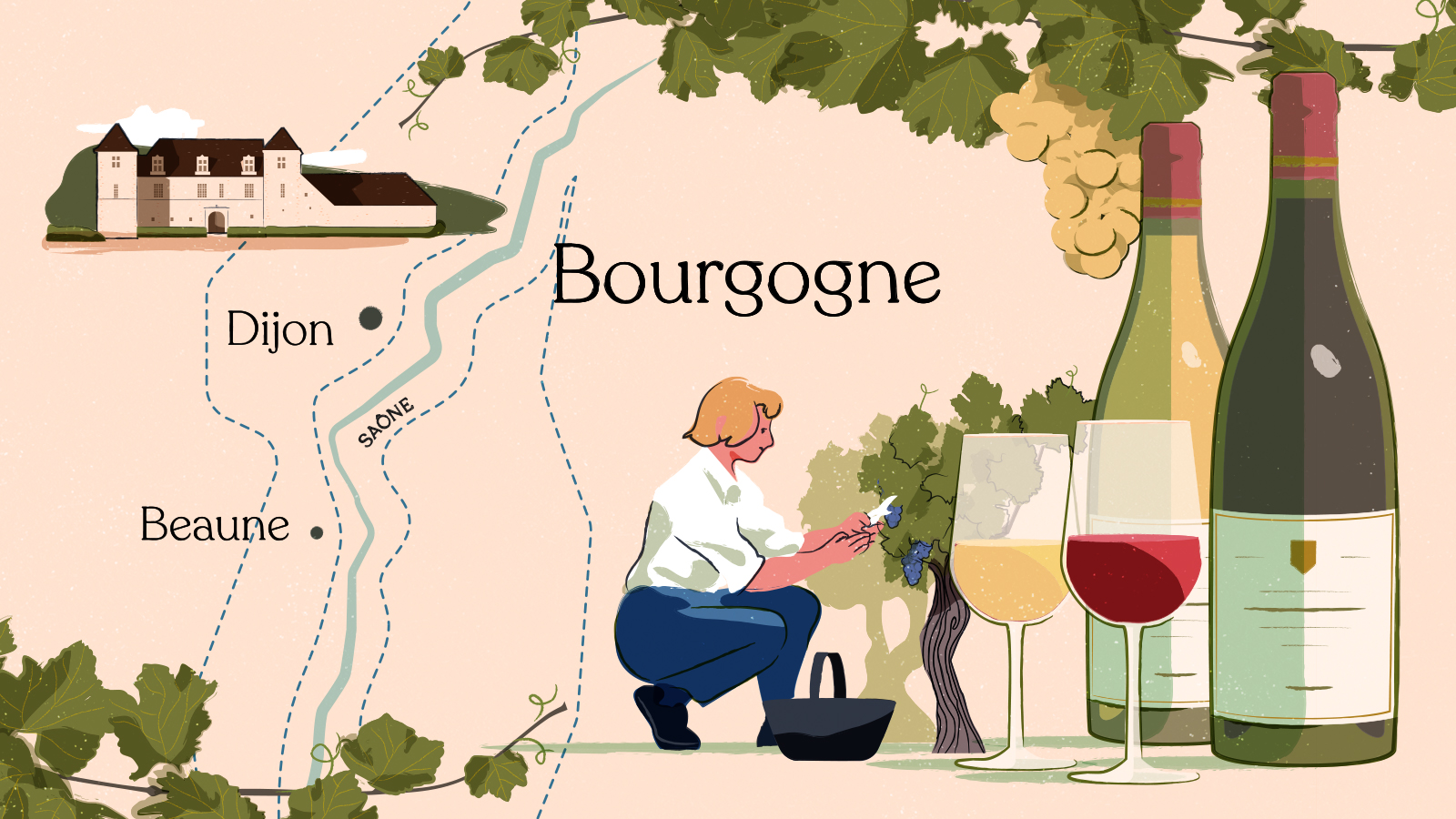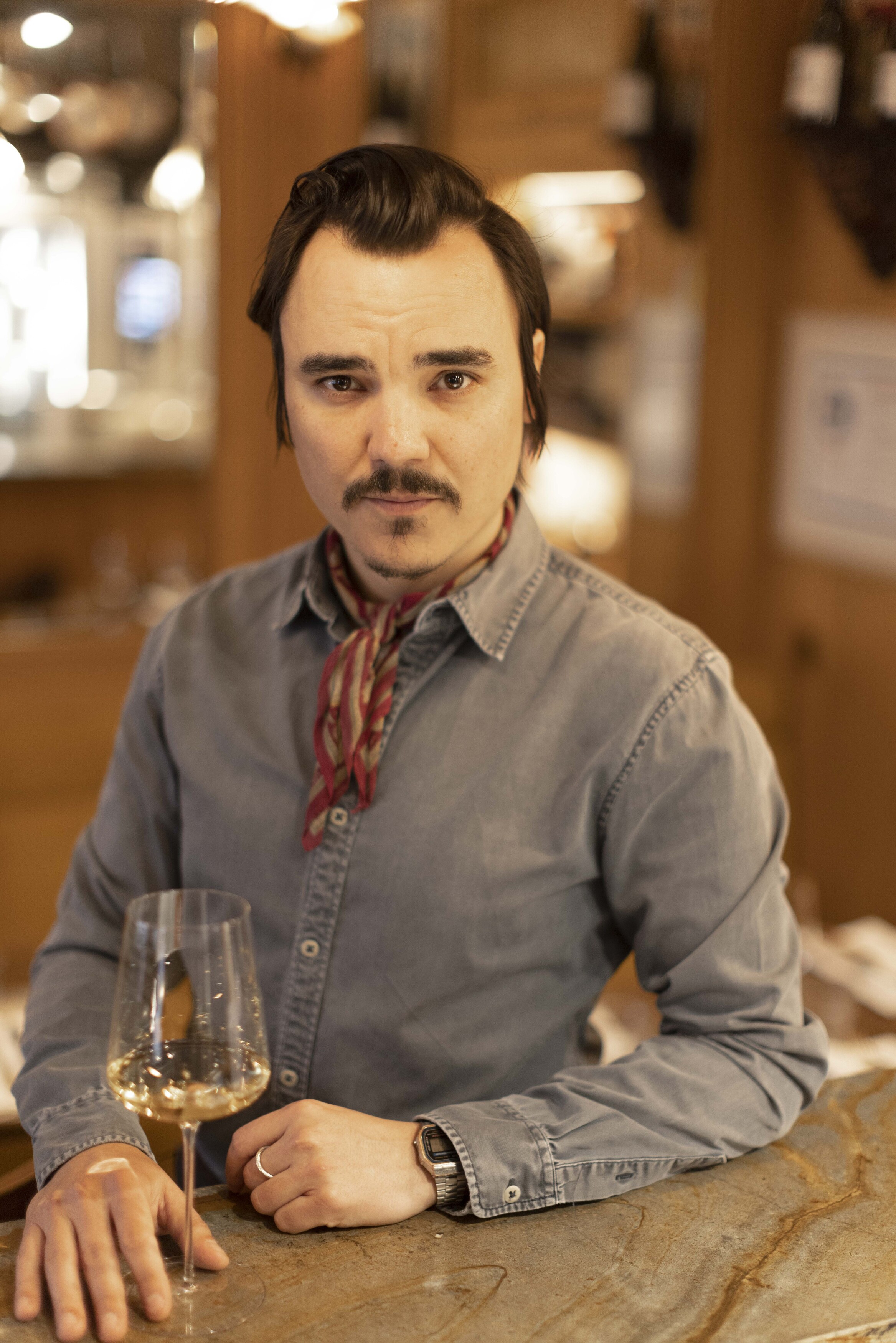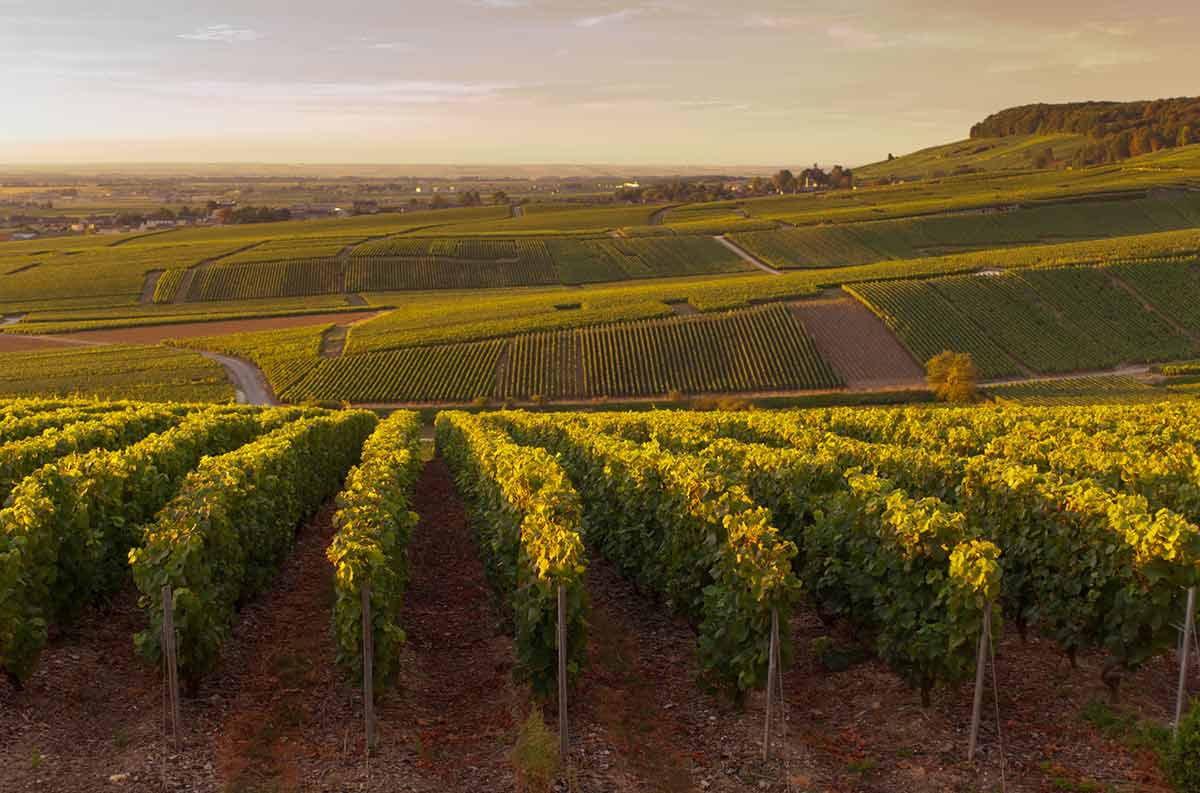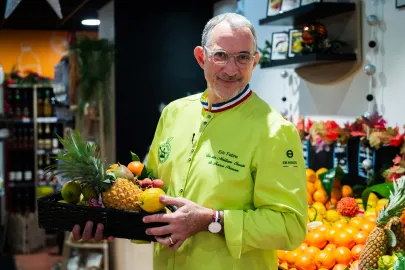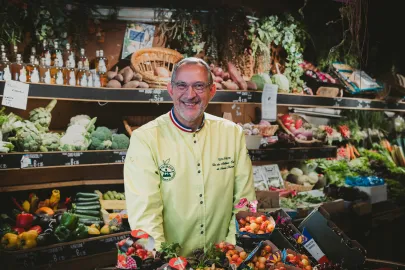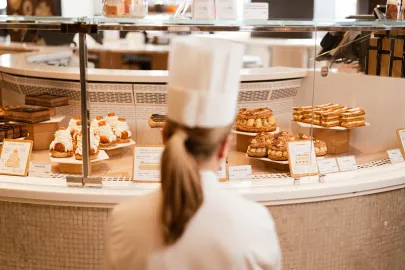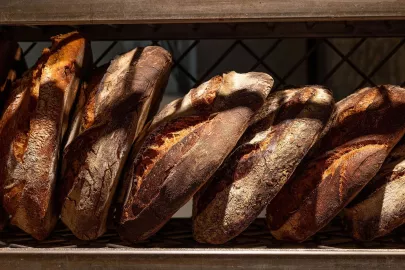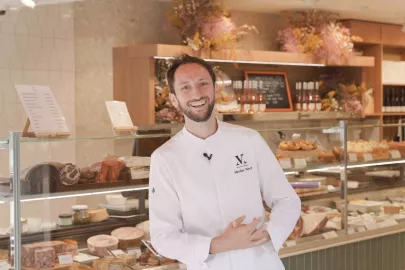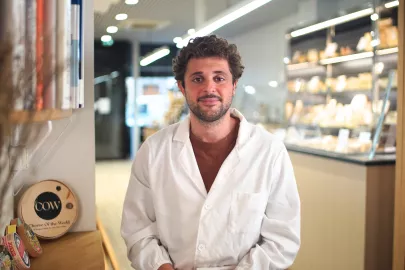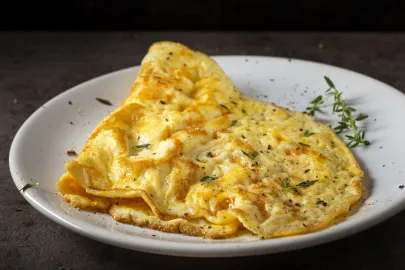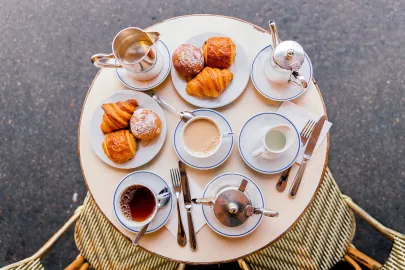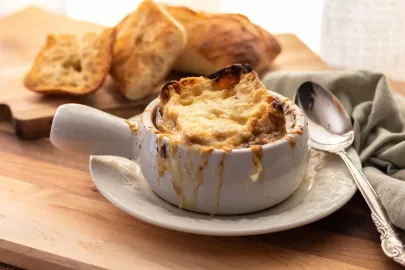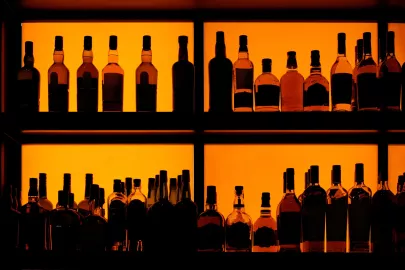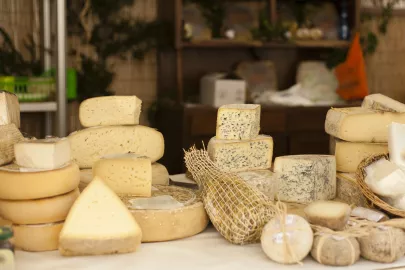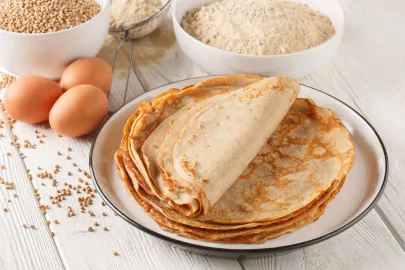Join Jean-Michel Deluc, a Master Sommelier renowned for his expertise in French wines, on a captivating wine journey.
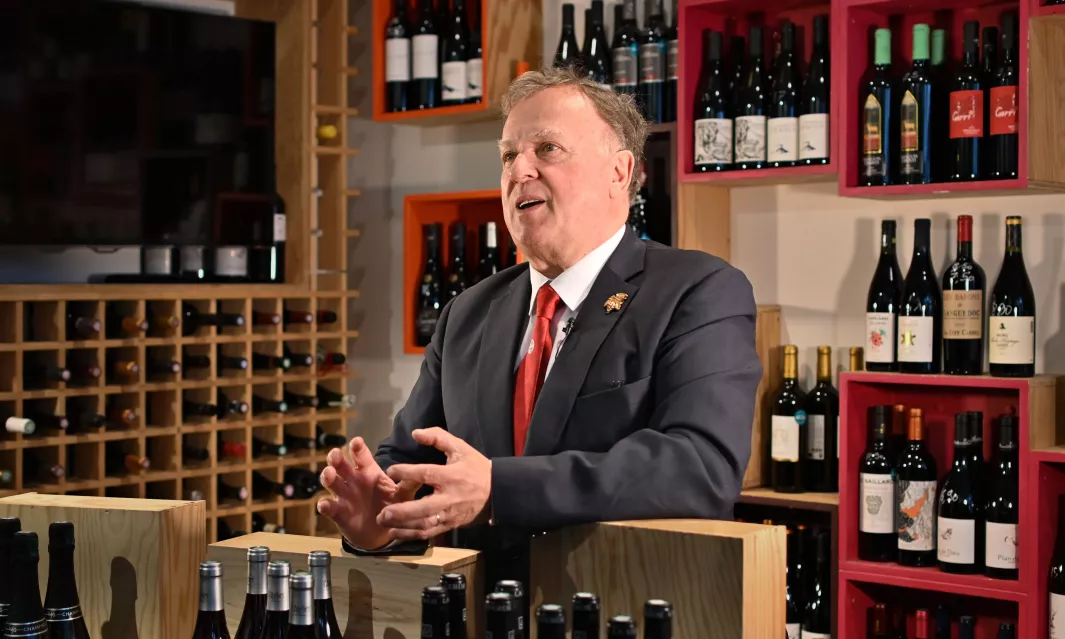
Unlock the secrets of the wine world, whether you're a wine novice or a connoisseur. Master Sommelier Jean-Michel Deluc, the founder of Le Petit Ballon, shares his wealth of expertise on serving, tasting, and pairing French wines. Let this world-renowned expert answer all your wine-related questions.
Serving and Tasting French Wines
What is the Ideal Temperature to Serve Wine?
- For champagne, sparkling wines, and sweet wines: Serve at around 8°C.
- For dry wines, white wines, and rosé wines: Best between 10°C and 12°C.
- Light red wines: Best served between 14°C to 16°C.
- Full-bodied red wines: Serve around 18°C.
- Never serve wine over 18°C.
Why Do You Decant Wine?
Decanting wine smooths it out, making it perfect for young wines. A decanter can quickly age a wine by one or two years. Be careful with old wines—don’t always rush to decant them!
What is the Best Way to Taste Wine?
The ideal time for wine tasting is in the morning when you're rested. Find a quiet, well-lit place without noise or any strong scents.
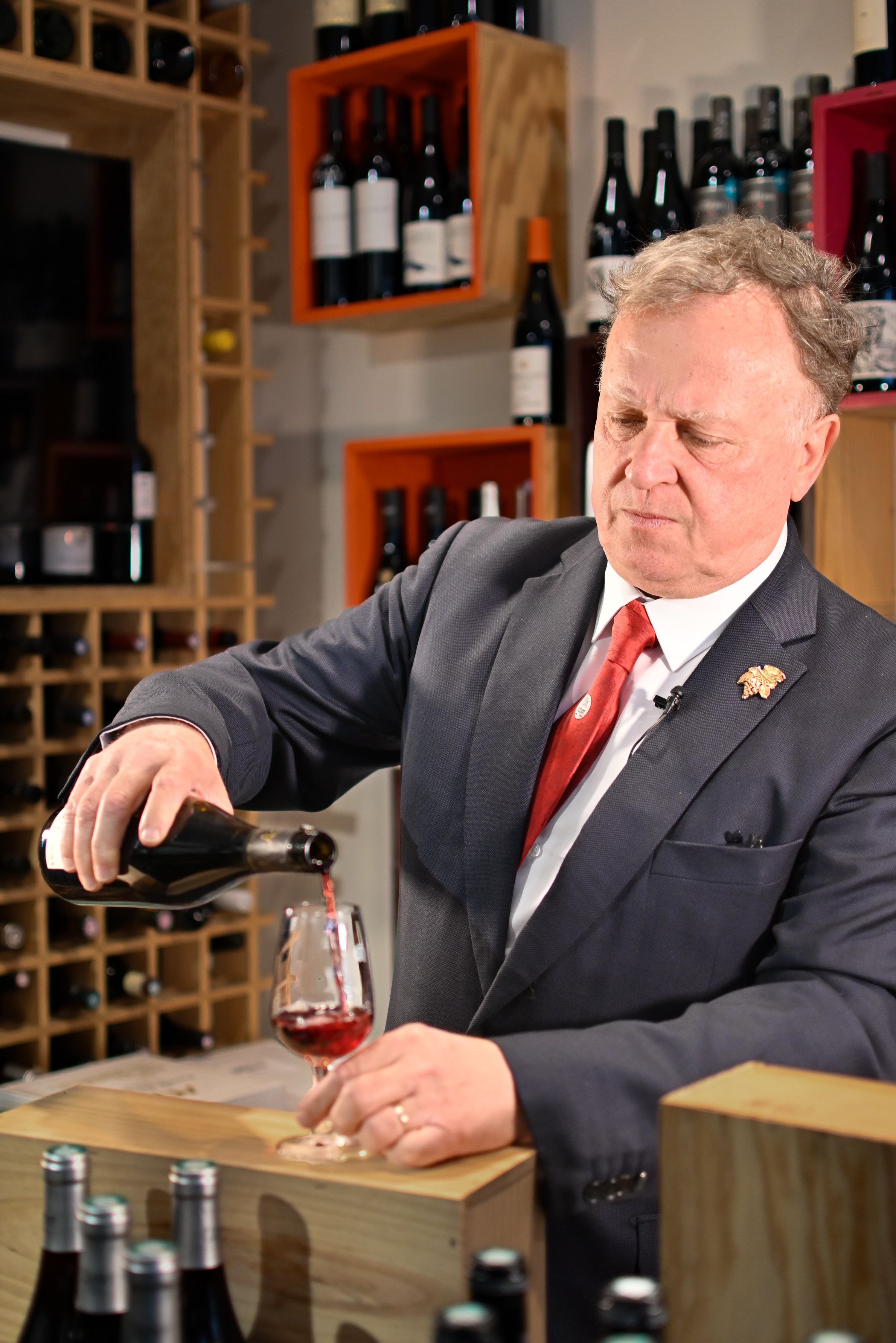
Wine & Food Pairings
What Can You Pair Rosé Wines With?
Rosé pairs well with a variety of dishes, from fish to meat. Rosé wines have a rich history; interestingly, all wines were originally either white or rosé. For a while, rosé wines had a poor reputation because they were often made from grapes that weren’t good enough for red wine. However, today France produces some excellent rosé wines, like Bandol PDO.
Which Wine Should I Use for Cooking?
It all depends on what you’re cooking. You should consider the dish's acidity when choosing a wine for cooking. It doesn’t have to be an expensive wine; the key is to look for acidity to enhance digestibility.
Which Wines are Best for Apéritif?
Dry white or rosé wines are the most fashionable for apéritif nowadays. They pair perfectly with small bites or a good French-style cheese and charcuterie board. Personally, I love the atmosphere of a good Provence rosé wine – it evokes the sea, sun, and beaches...
What is the Best Wine for Fish and Seafood?
For grilled, steamed, or boiled fish and seafood, go for a white wine with a good level of acidity. For grilled fish or prawns, rosé wine is an excellent choice.
Which Wine Pairs Best with Beef?
Red wine is ideal, but it depends on how the beef is prepared. Grilled, medium-rare beef goes best with a full-bodied red with tannins. Beef in a sauce, like Beef Bourguignon, pairs well with a full-bodied, slightly aged wine.
What is the Best Wine with Chocolate?
Chocolate pairs best with a sweet red wine with oxidation, like Banyuls, Rasteau, Rivesaltes, or Maury.
What is the Best Wine to Drink with... Insects?
Choose an easy-to-drink wine with high acidity to refresh your palate, as it complements the spices typically used in insect dishes.
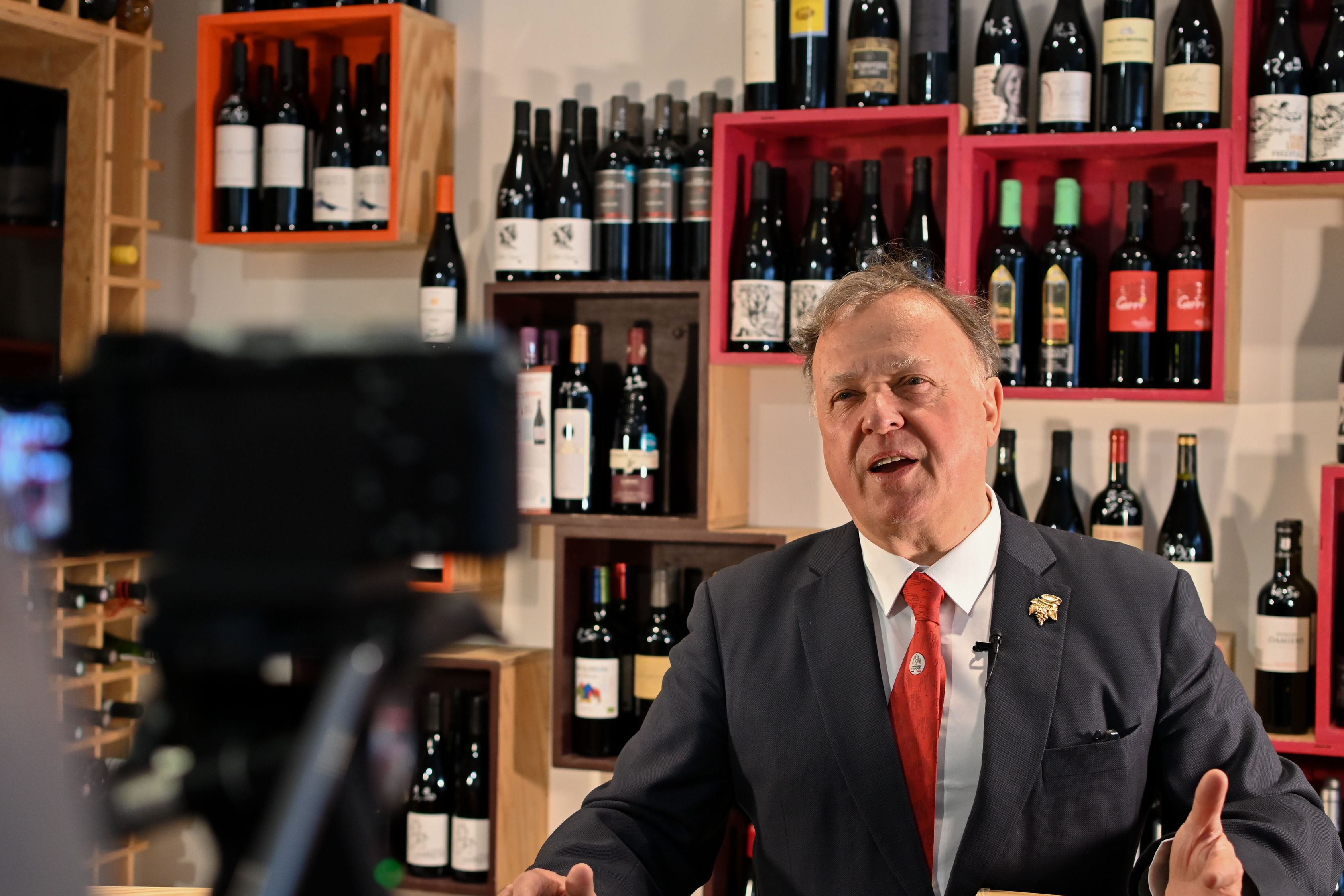
Wine Terroirs
What Are the Most Common French Food and Wine Pairings?
French wines pair perfectly with local cuisines. Alsatian wines complement Alsatian dishes very well, while Provence and Mediterranean wines match well with Provençal dishes.
What is the Difference Between Chardonnay and Muscadet?
Though both originated in Burgundy, they're made from different grape varieties. Chardonnay is from the Mâconnais region, while Muscadet (Melon de Bourgogne) is more common in the Loire Valley, near the Atlantic, producing a very dry, simple white wine.
Understanding the Role of a Sommelier
What is the Job of a Sommelier?
A sommelier manages wine service in a restaurant.
What Makes a Good Sommelier?
Being sober is the first quality! A good sommelier is honest, passionate, and possesses extensive wine knowledge.
Why Do Sommeliers Spit?
Considering I taste between 8,000 and 10,000 wines a year, drinking everything would be a bit much! Spitting ensures sommeliers can assess wines without getting drunk.
…Is French Wine the Best Wine?
Excellent wine requires great land, grapes, climate, and skilled winemakers. France is fortunate to often have all four!
Interested in learning more about wine? Check out our beginner's guide to French wine!

